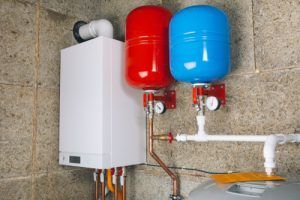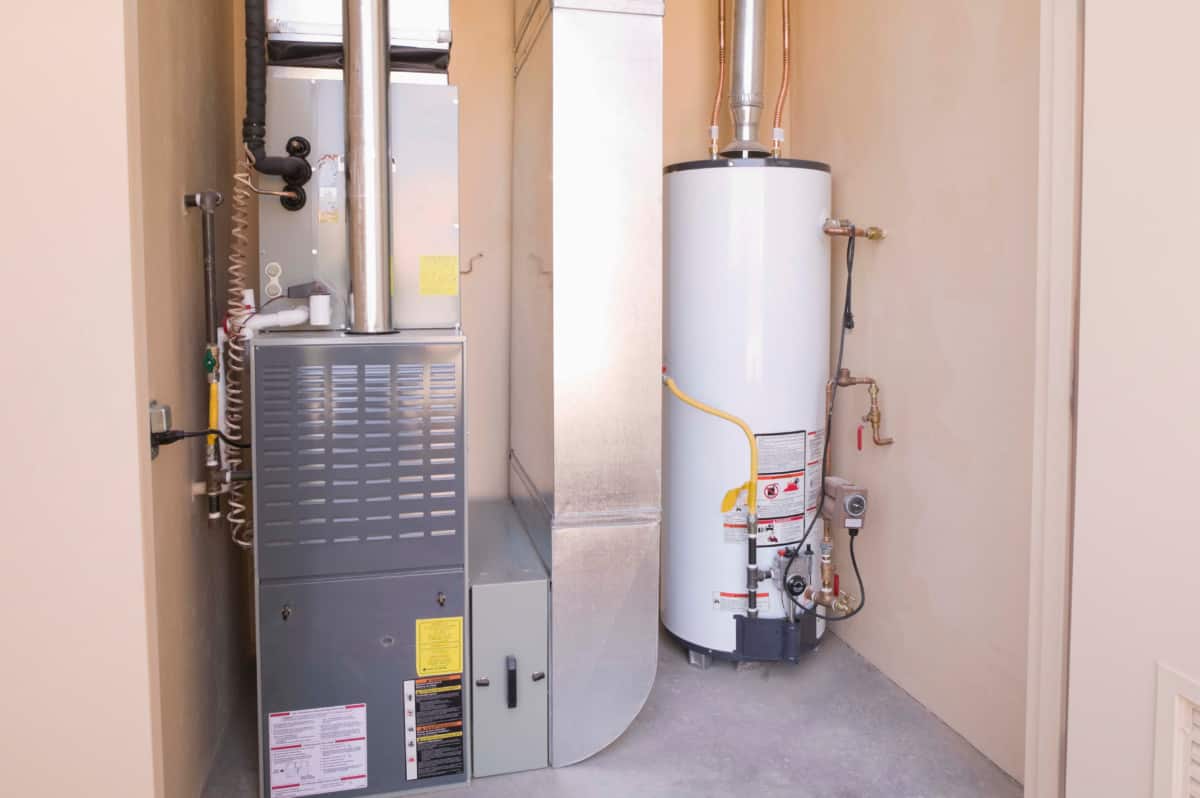Dealing with the Primary Water Heater Urgencies
Dealing with the Primary Water Heater Urgencies
Blog Article
We've discovered this article relating to The Importance of Water Heater Maintenance directly below on the internet and decided it made perfect sense to talk about it with you in this article.

A water heater is one of one of the most crucial basic devices that can be discovered in a home. With hot water heater, you do not need to go through the stress of home heating water manually every single time there is a requirement to wash, wash, or the meals. Nonetheless, there is always an opportunity that your water heater would act up similar to most mechanical devices.
It is important to keep in mind any kind of little malfunction and also tackle it swiftly prior to things get out of hand. Many times, your hot water heater begins to malfunction when there is an accumulation of debris as a result of continual usage. As a precaution, regular flushing of your hot water heater is suggested to avoid debris accumulation and stop functional failing.
Typical hot water heater emergencies as well as how to manage them
Leaking water heater tank.
A dripping container could be an indication of deterioration. It can create damages to the flooring, wall surface as well as electrical devices around it. You could even go to danger of having your apartment or condo swamped. In this circumstance, you ought to turn off your hot water heater, enable it to cool down, and meticulously seek the source of the issue. Sometimes, all you need to do is to tighten a few screws or pipeline links in cases of minor leaks. Yet if this doesn't work as well as the leakage persists, you may require to use the services of a service technician for an appropriate replacement.
Varying water temperature.
Your water heating system could start generating water of different temperatures typically ice chilly or scalding warm. There may be a requirement to change either the home heating or the thermostat system of your water heating unit.
Inadequate warm water
Dealing with a not enough supply of warm water can be frustrating. It may be that the water heater can't sustain the warm water need for your apartment or condo. To manage this trouble, you might attempt to adjust your heating unit's temperature dial as well as wait for a couple of minutes. If the problem continues, you can request for the assistance of a specialist plumber. Additionally, you could upgrade your hot water heater to one with a bigger capacity.
Discolored or odiferous water
You require to know if the concern is from the water or the storage tank source when this happens. If there is no amusing scent when you run cold water, after that you are specific that it is your hot water heater that is damaged. The stinky water can be brought on by corrosion or the build-up of bacteria or debris in the water heater tank. As soon as you observe this, you can try flushing out your container or replacing the anode if the problem continues. The feature of the anode is to clean out germs from your tank. Given that the anode rod replacement needs a thorough knowledge of your water heater, you will certainly require the aid of a professional.
Verdict
Some homeowners overlook little warning and minor faults in their hot water heater system. This only leads to more damage and also a feasible complete failure of your appliance. You must manage your hot water heater mistakes as soon as they come near stay clear of even more expenditures as well as unneeded emergency troubles.
With water heating systems, you do not require to go with the stress and anxiety of heating water by hand every time there is a requirement to take a bathroom, do the laundry, or the meals. Your water heating system could start producing water of various temperature levels usually ice chilly or scalding warm. It might be that the water heater can't support the hot water demand for your apartment or condo. If there is no funny odor when you run chilly water, then you are specific that it is your water heating unit that is malfunctioning. The odiferous water can be created by corrosion or the buildup of germs or sediments in the water heater container.
Water Heater Burst: Why This Happens And What To Do Next
Water Heater Explosion Warning Signs
Since storage water heaters are made of metal and store large volumes of heated water, they carry an increased risk of leaking or even exploding as they begin to rust at the fittings and seams over time. If the thermostat controlling the water temperature within the tank is faulty, or if mineral buildup inside the water heater prevents the thermostat from sensing the water’s temperature correctly, the water could become overheated. This will expand its volume within the tank, causing it to press at the tank’s fittings and seams. If these fittings and seams are rusted or corroded, the pressure could result in a leak or even an explosion.
Here are some risk factors and warning signs of an increased risk of water heater leak or explosion:
Your water heater is more than 10 years old. Your water heater makes clanking, banging or rumbling noises as it heats up, indicating that sediment has built up and hardened inside the tank. There is visible rust on the outside of the water heater, especially located at the pipe fittings or the seams that run down the tank. There is rusty water coming from your water heater, indicating that there may be rust building up inside. Your water heater is leaking, which could indicate either a crack somewhere in the tank or a malfunctioning temperature-and-pressure (T&P) relief valve. What To Do When Water Heater Leaks
If you find water dripping or seeping out of your water heater, or pooling around it, it means your water heater is leaking. If you find a leak, it may be best to call a plumbing professional to diagnose the problem and determine how best to handle it. If you choose to tackle it on your own, there are a few things you can do.
TURN OFF THE POWER
Next, shut off the power to the hot water tank at your home’s electrical breaker box. If you don’t shut off the power, the heating elements within the tank could continue to stay hot, which could pose a fire risk.
If you have a gas-powered water heater, you’ll also need to shut off the gas line leading into the tank.
FIND THE LEAK
Now it’s time to determine where the leak is coming from. Likely locations are the T&P valve, the drain valve or one of the pipes or fittings that feed into the top of the tank. If you see any rust or corrosion on the outside of your water heater’s tank, pipes or fittings, these could also be the source of the leak.
REPAIR THE LEAK
Once you determine the source of your water heater leak, you’ll have a better idea of what steps you need to take to fix the problem. It may be a simple fix—such as using a wrench to tighten fittings or replacing the T&P valve—but it may be something more complicated. You may even need to drain the tank, remove the water heater and install a new one.
https://www.abchomeandcommercial.com/blog/water-heater-burst/

We were shown that write-up on Common Hot Water Heater Problems through a good friend on a different domain. Sharing is caring. One never knows, you could be doing someone a favor. Thank you so much for going through it.
Comprehensive support here. Report this page